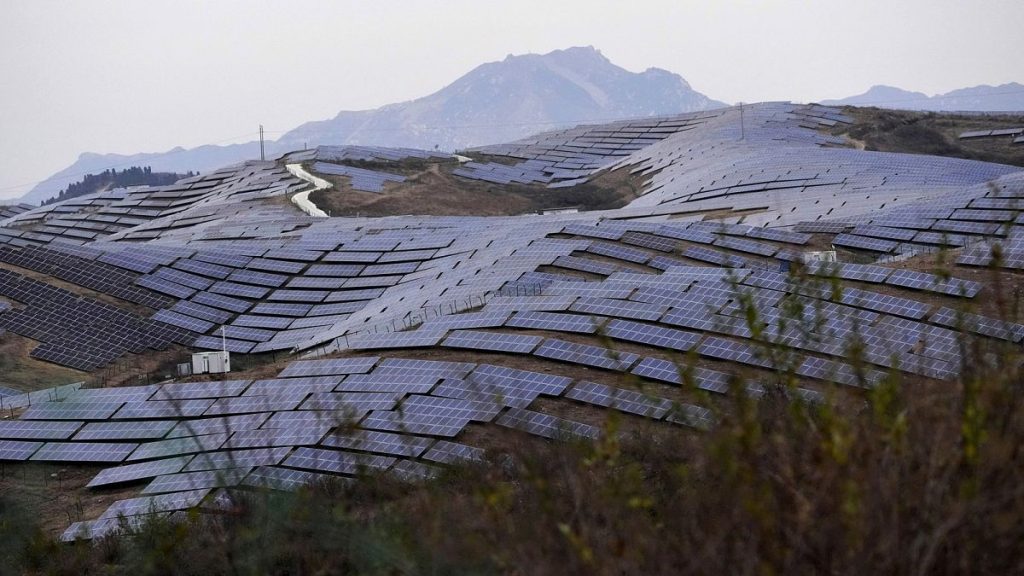The European Commission has launched two investigations into Chinese manufacturers of solar panels suspected of benefitting from “distortive” state subsidies, giving them an unfair advantage in the market. One of the probes involves a project in Romania to build a 110 MW photovoltaic park, partially financed by EU funds. The Commission is concerned that two Chinese companies, LONGi Solar Technologie GmbH and a consortium controlled by Shanghai Electric Group, are backed by excessive subsidies that helped them win public contracts. The investigation, conducted under the Foreign Subsidies Regulation, aims to ensure fair competition in the EU and prevent foreign governments from gaining an upper hand in the market.
The amount of subsidies under investigation has not been disclosed, but the Commission has 110 working days to make a final decision that could prohibit the award of the contract. The Foreign Subsidies Regulation, introduced in May 2021, targets companies that receive at least €4 million in subsidies from non-EU governments and participate in public tenders exceeding €250 million. The regulation aims to address market distortions and prevent foreign governments, like China, from gaining control over European industries. The move by the Commission is part of a broader effort to scrutinize and address the impact of foreign subsidies on EU markets.
Brussels and Washington have both raised concerns about China’s extensive use of state subsidies to support its industries, particularly in sectors crucial for the green transition, such as solar panels, electric vehicles, and wind turbines. As demand for carbon-neutral technology rises, there are fears that China’s dominance in these sectors could eliminate competition and threaten the economic security of Western countries. The European Commissioner for internal market, Thierry Breton, stated that the investigations into foreign subsidies in the solar panel sector are necessary to preserve Europe’s economic security and competitiveness by ensuring fair competition among companies in the single market.
The solar industry in Europe has highlighted the critical importance of addressing the issue of foreign subsidies, warning that the sector faces an “existential threat.” If action is not taken soon to level the playing field, there is a risk that the European solar industry could collapse within months. The investigations into Chinese manufacturers of solar panels are part of a broader effort by EU authorities to safeguard European industries and prevent foreign governments from gaining an unfair advantage through subsidies. This move reflects growing concerns about China’s dominance in key sectors and the need to protect European businesses and economic interests in the face of increasing competition.
The European Commission’s actions against Chinese manufacturers in the solar panel sector are part of a larger effort to respond to the challenges posed by foreign subsidies and ensure fair competition within the EU single market. As China continues to expand its influence in key industries through state support and subsidies, Western countries are taking steps to address market distortions and level the playing field for businesses. With concerns about China’s dominance in critical sectors for the green transition, such as solar panels and electric vehicles, the EU is focused on safeguarding its economic security and competitiveness by enforcing rules that promote fair competition and prevent unfair advantages for foreign competitors.
The investigations into Chinese companies benefiting from state subsidies in the solar panel sector highlight the growing focus on combating market distortions and ensuring a level playing field for businesses within the EU. With fears of China’s increasing dominance in crucial industries, such as solar panels and electric vehicles, European authorities are taking action to protect their economic interests and prevent foreign governments from gaining unfair advantages. By scrutinizing and addressing the impact of foreign subsidies on EU markets, the Commission aims to preserve Europe’s economic security and competitiveness while promoting fair competition among companies operating within the single market.


